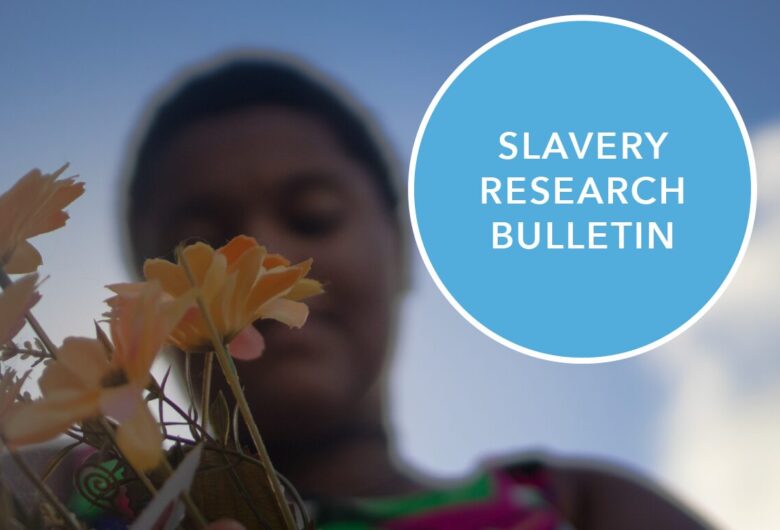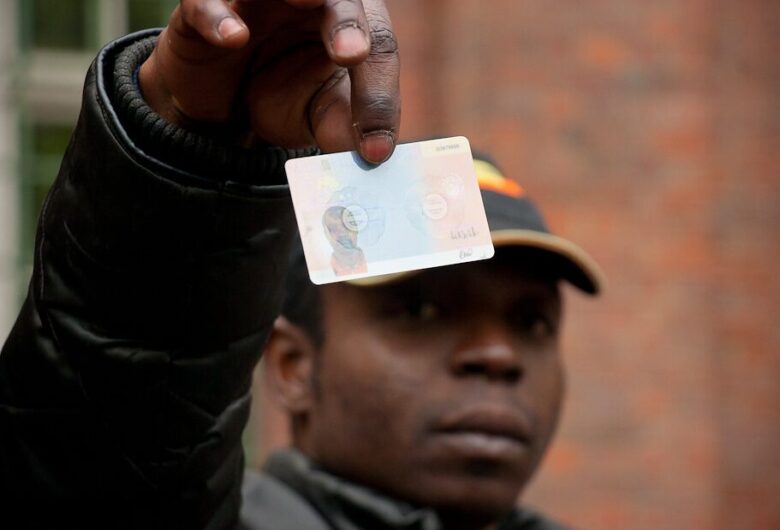This report by the Royal United Services Institute (RUSI) explores the role that the financial sector can play in reducing human trafficking and modern slavery through exerting responsibility and leverage.
In recent years, the financial sector has become an increasingly high-profile partner in efforts to identify and disrupt modern slavery and human trafficking. Specific financial sector-led initiatives, such as Canada’s Project PROTECT, have emerged; and multilateral efforts such as those convened by the UN University or the Bali Process have included a significant emphasis on the role of the financial sector. Furthermore, in advanced markets such as Europe and the United States, financial institutions are increasingly making clear and unequivocal commitments to their human rights responsibilities, and are incorporating policies to identify modern slavery and human trafficking into their financial crime compliance operating models, to good effect.
But can this commitment from the financial sector go further – beyond financial crime compliance and transaction monitoring – by using the provision of finance as a force for good to effect change in the operational and value-chain behaviour of their clients?
Supported by the Freedom Fund, and building on RUSI’s previous work on the role financial institutions can play in disrupting human trafficking, this paper seeks to determine the extent to which the financial industry could and should take greater responsibility for addressing modern slavery and human trafficking, recognising the tremendous power that finance and financial institutions have to create positive human impacts.



